Description
The 1974 Carnation Revolution came as a blessing for independence movements in Portugal’s African colonies: Angola, Mozambique and Portuguese Guinea. As had been the case in a number of sub-Saharan countries suddenly finding themselves free of the colonial yoke, the political vacuum left behind by a previously omnipresent power gave different factions the opportunity to impose their own form of rule. Angola was no different: civil war broke out in 1975 and was to last until 2002. In some ways the Angolan civil war bore similarities to the one which had taken place in neighbouring DRC. Too much was at stake for the West not to intervene in some shape or form and in July 1975 President Ford authorised the CIA to provide covert assistance to the National Liberation Front of Angola (FNLA) and the National Union for the Total Independence of Angola (UNITA). With South Africa providing military support against a Cuban-backed Popular Movement for the Liberation of Angola (MPLA), another south-western African nation became the battleground for a war of ideologies. In 1975-1976, no fewer than nine different armed forces were involved in the fighting. In addition, a large group of British mercenaries were recruited to train FNLA soldiers. The role of these soldiers of fortune would end in ignominy, death and legislative changes intended to rid mercenaries from conflict forever.
CIA and British Mercenaries in Angola, 1975-1976 examines the dynamics of the Angolan civil war and takes the reader into the inner workings of geopolitical interests, of CIA covert operations and mercenary recruitment. It examines clandestine arms and money laundering networks; takes us from the heart of the Vietnam War to Australian banks, and takes us into dealings between the US and British governments in operations far removed from, but connected to, the Angolan Civil War.
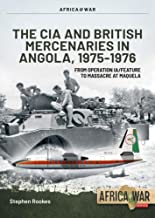
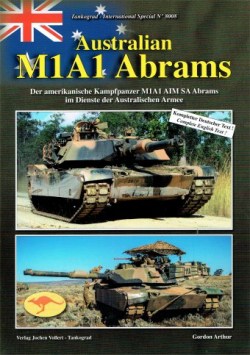
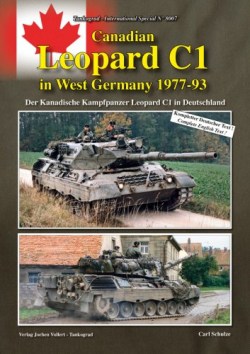
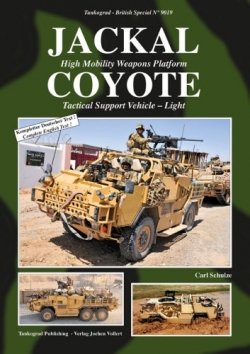
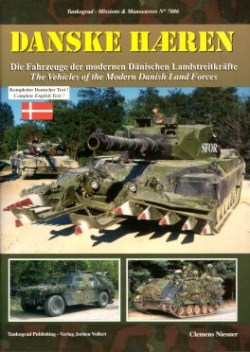
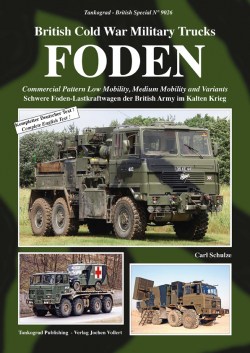
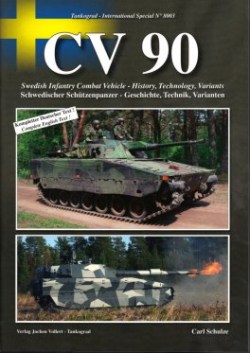
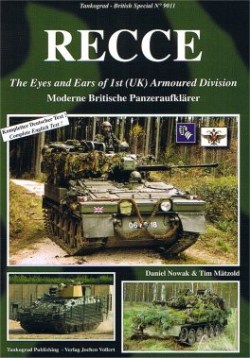
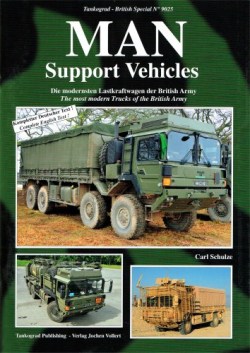

Reviews
There are no reviews yet.